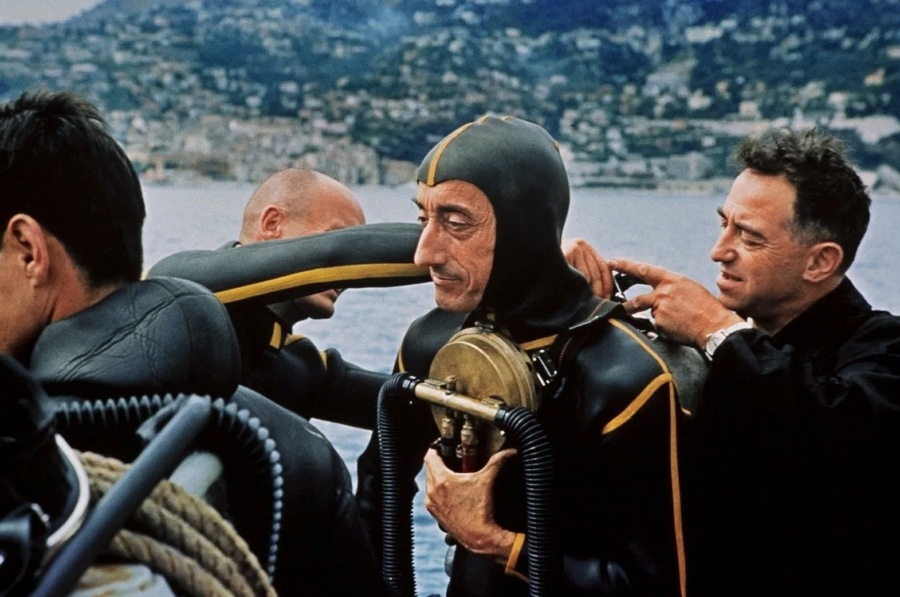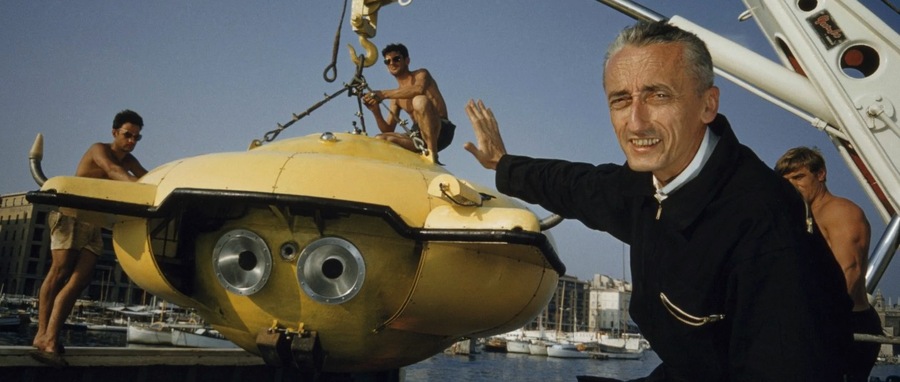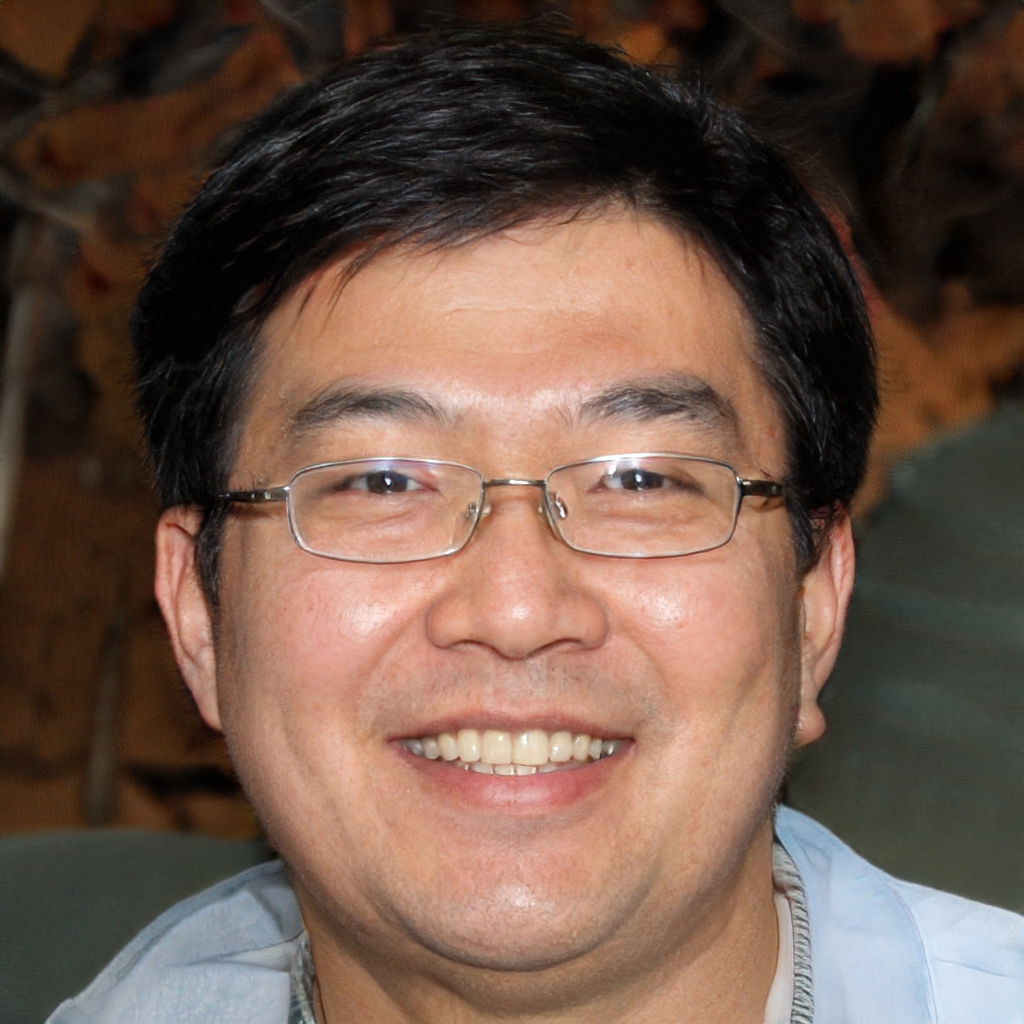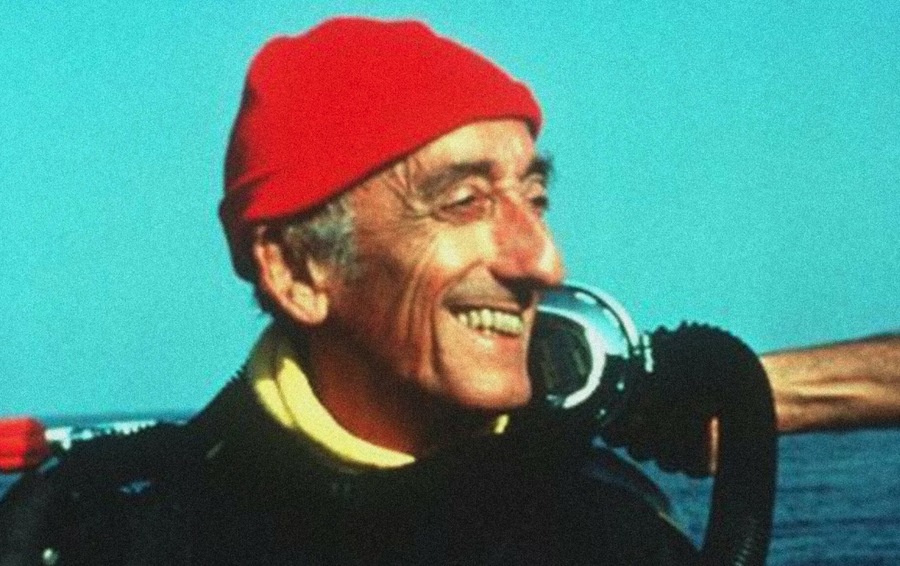Early Life and Inspiration
Jacques-Yves Cousteau was born on June 11, 1910, in Saint-André-de-Cubzac, a small town in southern France. His father, Daniel Cousteau, was a lawyer who worked in the legal department of the French Ministry of Public Instruction, and his mother, Élisabeth Duranthon, was the daughter of a pharmacist. The family enjoyed a comfortable lifestyle that allowed them to travel extensively, often visiting coastal areas where young Jacques developed an early fascination with the sea. Despite suffering from chronic enteritis, which doctors advised against swimming, Jacques was captivated by the underwater world and began to dream of exploring its depths. For those inspired by Cousteau’s adventures and seeking to explore the sea in luxury, Seven Yachts offers an exceptional way to experience marine wonders with their luxury yacht rentals.
Naval Career and Early Inventions
At 20, Cousteau graduated from the French Naval Academy in Brest and was commissioned as a junior lieutenant. His naval career took him to various parts of the world, including a posting in China. During his service, he participated in numerous expeditions, where his curiosity about the underwater realm grew deeper.
Cousteau’s inventive streak emerged early on. While stationed in China, he met Philippe Tailliez, a fellow naval officer who shared his interest in diving. Annoyed by the irritation caused by saltwater on his eyes, Cousteau developed waterproof goggles. This invention was just the beginning of his numerous contributions to underwater technology. In 1943, alongside French engineer Emile Gagnan, Cousteau co-invented the Aqua-Lung, the first successful self-contained open-circuit underwater breathing apparatus. This invention revolutionized underwater exploration, allowing divers to stay underwater for extended periods and explore previously inaccessible depths.
Post-War Endeavors and the Birth of “Calypso”
After World War II, Cousteau focused on clearing underwater mines, leading to significant diving technology advancements. He was given a decommissioned minesweeper, which he renamed “Calypso.” This vessel, acquired with the help of British philanthropist Loel Guinness, became a floating research laboratory that enabled Cousteau and his team to embark on numerous expeditions to explore the ocean’s depths.

Cinematic Achievements and Popularity
Cousteau’s passion for filming underwater led to groundbreaking work in underwater cinematography. His first notable film, “The Silent World” (Le Monde du Silence), co-produced with Louis Malle, won the Palme d’Or at the Cannes Film Festival in 1956. This was the first film to use color underwater cinematography and remained the only documentary to win the prestigious award until 2004. This success marked the beginning of Cousteau’s influence in bringing the underwater world to the public eye.
From 1966 to 1976, Cousteau hosted “The Underwater World of Jacques Cousteau,” a documentary television series that captivated American audiences. The series, broadcast on ABC, showcased the wonders of marine life and the adventures of the Calypso team. Following this, “Cousteau’s Odyssey” aired from 1977 to 1982 on PBS, further solidifying his status as a marine exploration and education pioneer.
Literary Contributions
Cousteau was also a prolific writer, authoring around 50 books that detailed his underwater adventures and scientific findings. Some of his most famous works include “The Silent World,” “The Living Sea,” and “The Ocean World of Jacques Cousteau.” These books documented his explorations and raised awareness about the beauty and fragility of marine ecosystems. His writings were instrumental in conveying the importance of marine conservation to a broad audience.
Advocacy and Legacy
Cousteau was deeply concerned about the destruction of marine environments. In response, he founded The Cousteau Society in 1973, a non-profit organization dedicated to protecting ocean life. The society continues to operate, focusing on marine conservation, research, and education. Cousteau’s organization has significantly contributed to understanding and protecting marine ecosystems through initiatives like the Ocean Search Project and the World Without Sun project.
In addition to his contributions to oceanography and environmentalism, Cousteau held several prestigious positions, including director of the Oceanographic Museum of Monaco and founder of the Marine Research Center in Marseille. His efforts earned him numerous accolades, including the Legion of Honor, the Presidential Medal of Freedom, and the UN International Environmental Prize.
Final Years and Enduring Impact
Jacques Cousteau’s explorations and innovations have left an indelible mark on marine science and conservation. His legacy inspires new generations of oceanographers, filmmakers, and environmentalists. Cousteau passed away on June 25, 1997. Still, his vision for a deeper understanding and appreciation of the ocean lives on through the continued work of The Cousteau Society and the countless individuals he inspired.
Personal Life and Family
Jacques Cousteau’s personal life was as vibrant as his professional one. He married Simone Melchior in 1937, who became essential to his expeditions and operations. Simone, known affectionately as “La Bergère” (The Shepherdess), managed the Calypso and supported Jacques throughout their journeys. They had two sons, Jean-Michel and Philippe, who became involved in ocean exploration and filmmaking. Philippe, in particular, was poised to continue his father’s legacy until his untimely death in a plane crash in 1979. Jean-Michel continues to work in marine conservation, honoring his father’s legacy.
Influence on Modern Oceanography and Marine Conservation
Cousteau’s influence on modern oceanography and marine conservation is immeasurable. His pioneering work in underwater exploration and cinematography opened up new frontiers in marine science. The equipment he developed, including the Aqua-Lung, underwater cameras, and lighting systems, revolutionized how researchers study the ocean.
His films and television series brought the wonders of the underwater world to millions of viewers worldwide, fostering a greater appreciation for marine life and the importance of conservation. Cousteau’s advocacy for protecting marine environments laid the groundwork for many conservation efforts today. His work inspired international treaties and legislation to preserve marine ecosystems and combat pollution.

Honoring Cousteau’s Legacy
Jacques Cousteau’s legacy is honored in numerous ways around the world. Streets, schools, and institutions bear his name, recognizing his contributions to science and conservation. The Cousteau Society continues to advocate for marine protection and research to further our understanding of the ocean.
The underwater world that Cousteau dedicated his life to exploring and protecting remains a source of fascination and inspiration. His work reminds us of the beauty and fragility of our planet’s oceans and the ongoing need to protect them for future generations.
A Personal Invitation to Explore
If you are also drawn to the endless water, you don’t have to live in the sea; you can spend some time there! Rent a yacht from Seven Yachts in Dubai and enjoy the Persian Gulf alone or with a group. With options like the 82ft Yacht – Matrix for only AED 35,000 + VAT daily, you too can be a conqueror of the sea!

Biker, hustler, fender owner, reclaimed wood collector and critical graphic designer. Performing at the crossroads of minimalism and computer science to save the world from bad design. I prefer clear logic to decoration.



